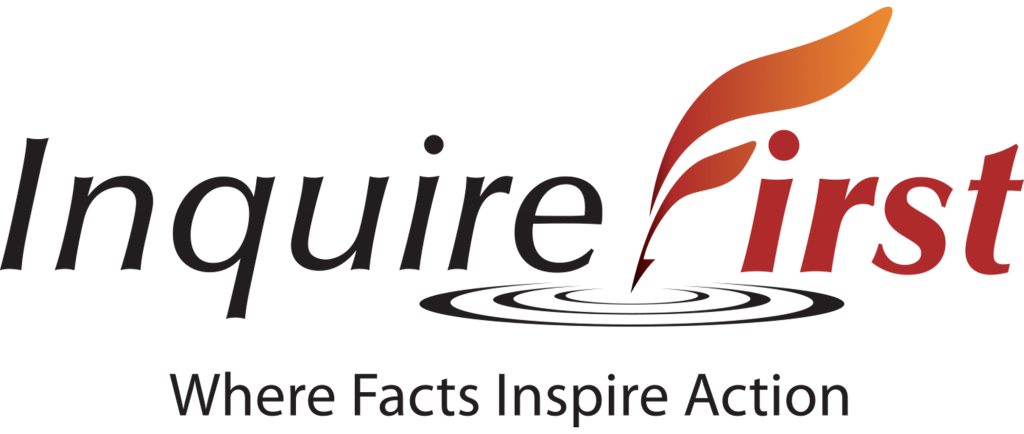
Bill Buzenberg
Advisory Council
Bill Buzenberg has been a journalist and newsroom leader for more than 45 years. Most recently (2007-2015) he was executive director of the Washington, D.C.–based Center for Public Integrity, which won the Pulitzer Prize for Investigative Journalism in 2014.
He was vice president of NPR News for seven years (1989-1997), and before that an NPR foreign affairs correspondent for 11 years (1978-1989), including three years as NPR’s London bureau chief at the BBC. He oversaw a doubling of the NPR audience and was responsible for launching “Talk of the Nation,” as well as the expansion of “All Things Considered” and 24-hour NPR newscasts. During his tenure, the NPR News Division was honored with nine DuPont-Columbia Batons and 10 Peabody Awards.
He was also vice president of news for Minnesota Public Radio / American Public Media for nine years (1998-2006). At MPR, Buzenberg also doubled the size of MPR’s audience and launched American RadioWorks, a public radio documentary and investigative unit, and “Speaking of Faith” (“On Being”), a public radio program on religion. At MPR, Buzenberg helped launch Southern California Public Radio and KPCC, now the largest Los Angeles public radio news station. He also began Public Insight Journalism, an innovative use of technology to draw knowledge from the audience.
In spring 2015, Buzenberg completed his second Harvard fellowship, the latest one at the Shorenstein Center on Media, Politics and Public Policy at the Kennedy School. He now lives near Seattle and serves on various media boards. He launched Fundraising Whisperer Inc. in late 2015 to help non-profit news organizations grow their foundation support. He also works part time as a vice president and strategic director for YES! Magazine based on Bainbridge Island, where he resides. In early 2016, the American Press Institute will release a new major study on the ethics of foundation funding of non-profit news organizations, of which he is one of the main authors.
A former Peace Corps volunteer, Buzenberg has been recognized with numerous awards, including the CPB’s Edward R. Murrow Award, public radio’s highest honor. He was co-editor of the memoirs of the late CBS News President Richard Salant (“Salant, CBS, and the Battle for the Soul of Broadcast Journalism“). A graduate of Kansas State University, Buzenberg has also been a fellow at the University of Michigan, the Johns Hopkins University School of Advanced International Studies, and the Institute of Politics at Harvard University’s Kennedy School of Government.










